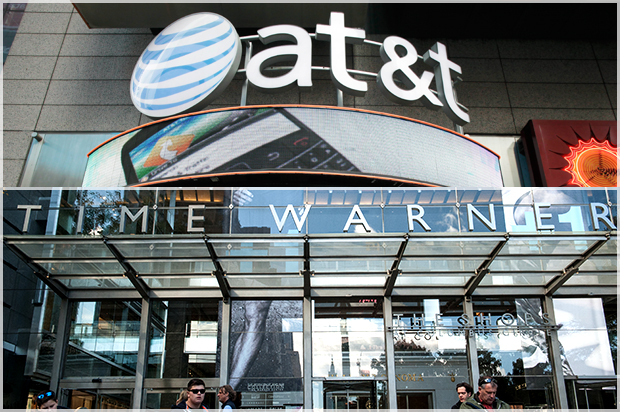In case there needs to be another reason to be wary of the impending AT&T/Time Warner merger, it turns out that AT&T has been secretly spying on its own customers.
Project Hemisphere is a covert AT&T program that analyzes cellular data from the company’s call records to determine where a given individual is located and with whom they are speaking.
When the program’s existence was first exposed by The New York Times in 2013, it was described as a “partnership” between AT&T and the government, for the sole purpose of fighting narcotics trafficking.
But, as The Daily Beast reported Tuesday, AT&T actually used Hemisphere for a wide number of functions, from homicide investigations to Medicaid fraud. It was all done without a warrant, with law enforcement only required to keep secret the use of Hemisphere if it yielded information on a case that becomes public.
The new revelations about AT&T harken back to a story first published by Salon in 2006.
Salon reported at the time that the company had a giant, secret room in St. Louis where only government officials were allowed to enter. Company managers insisted that they were there “monitoring network traffic,” although the article speculated at the time that it could be connected to the National Security Administration. Both that article and a piece by Wired were later vindicated when Edward Snowden leaked proof of AT&T spying in 2013.
AT&T’s close ties with Washington have already been heavily scrutinized ever since its merger with Time Warner was announced.
The telecommunications giant has nearly 100 registered lobbyists on its payroll, including former members of Congress, and has donated $11.3 million to politicians and causes since 2015 — more than any other telecom.

